Must Reads: Finding Chinese food, and home, in Nashville, Tennessee
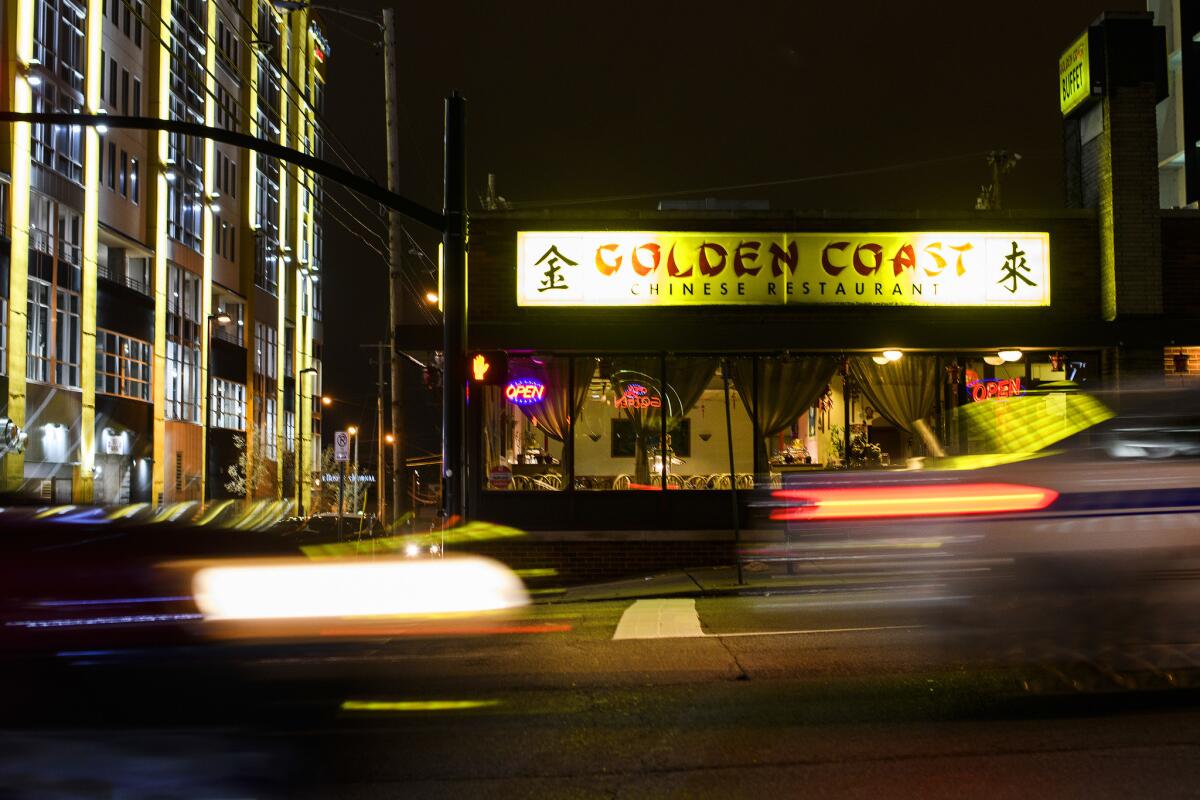
- Share via
The shumai arrived in a promising halo of steam. My dad and I took eager bites.
We spat them out immediately. The centers of the dumplings were cold and raw. We asked for another round, but they too were undercooked. We exchanged regretful, knowing looks, got in the car and drove to Panera Bread.
Perhaps we should have known better. This was 2007 in Nashville, where authentic Chinese food is known to be incredibly elusive.
Dim sum is the holy grail of the thousand-odd Chinese people who live there, where Asian Americans form just 3.9% of the population. Every time a restaurant opens and starts throwing around words such as “hargow” and “shumai,” we swarm as if it’s Black Friday at Best Buy. So far no restaurant has been able to deliver.
When I went back to Tennessee a few Christmases ago, the Nashville Scene had declared a restaurant named Lucky Bamboo the city’s first authentic dim sum. I asked my dad about it when he picked me up from the airport.
His mouth tightened into a grim, unforgiving line. He had tried it.
“No” was all he said. He refused to elaborate.
When we moved to Nashville in 1995, we quickly became intimately familiar with the seven or eight Chinese restaurants within driving distance, half of which seemed to be owned by my parents’ family friends.
On weekdays when my parents were too tired to cook, there was Hot Wok, a cheap takeout place, where I would order fried rice, chicken on a stick, beef broccoli and a chewy, thick-skinned egg roll. After Chinese school on Saturdays, there was Golden Coast, a semi-authentic buffet place that had baos, a few dumplings and a dish with cow stomach. Sometimes, we’d starve ourselves all day and gorge at Ming’s Chinese Buffet in Cool Springs for $6 each. I cringed watching my mom steal all the scallops and shrimps from the seafood medley, but ate them when she scraped them onto my plate.
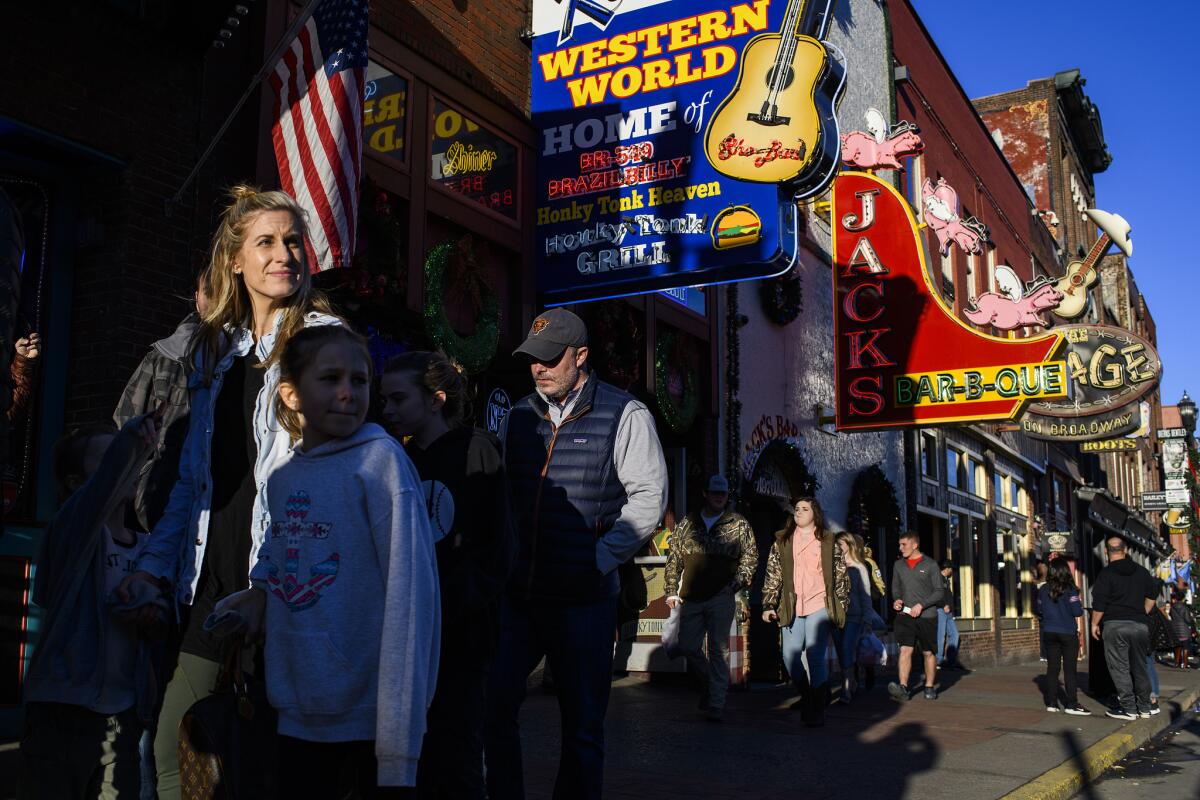
To my parents — immigrants from Taiwan — these places must have felt like scratching an itch through a pair of jeans. A few times a year, we’d pile into our metallic blue Nissan Quest and drive four hours to Atlanta — a little-known Deep South Chinese food oasis — which is to say that in the city’s adjoining suburbs you could find a 99 Ranch Market, some Chinese bakeries and a dim sum restaurant.
Our first stop was always Panda Inn on Peachtree Road to catch the back end of the dim sum service — fried taro dumplings were my favorite.
Afterward, we usually went to a bakery to buy a box full of pineapple-top buns and egg tarts. Then, we’d head to 99 Ranch and fill our car with dried noodles, dehydrated mushrooms, sheets of dried tofu, bags of rice and all of the groceries we couldn’t find in Tennessee.
Just as it got dark, we’d squeeze in another meal, often ordering soup dumplings to go before we headed back.
I could never understand why my frugal parents spent so much money in Atlanta, of all places. It was as if they became different people. My father relaxed his healthy values to drink soda and eat multiple meals within a few hours. My mom spent money freely, even allowed me to put items in her grocery cart. The only other time I ever saw them this happy was when we’d visit family in Taiwan.
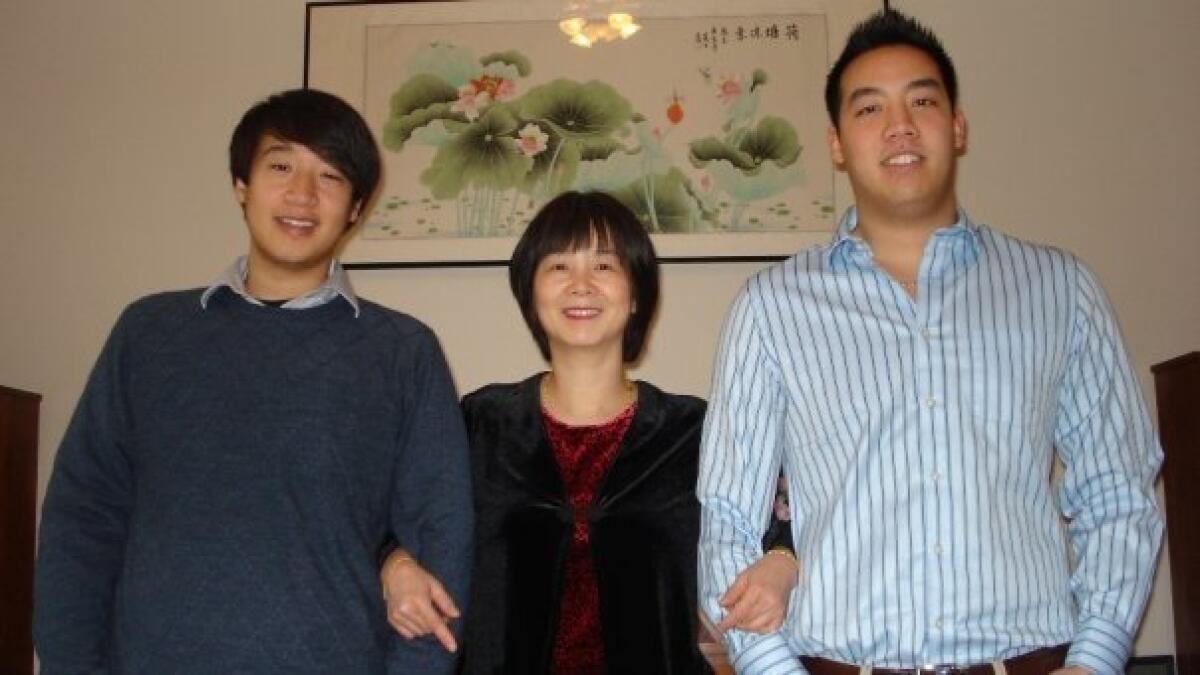
My own relationship with Chinese food was complicated. As a child, I chafed mightily under our household’s diet — to me, a tyrannical culinary regime that offered little justice to its subjects.
The biggest tantrum I ever threw was when I turned 5 and my parents promised to take me to Old Country Buffet for my birthday. They changed their minds halfway there — I think we forgot the credit card.
I wept hysterically for the whole drive home and even bashed my head on the car roof a few times. Truthfully, I’m not even embarrassed by the memory. I wanted some mashed potatoes in that moment more than anything.
I didn’t hate Chinese food, but I coveted American food. The more mundane, the more intriguing. I lusted after Lunchables, lasagna and green bean casserole — any kind of casserole, really.
I had a particular taste for 1990s-era frozen foods, hopelessly slipping Go-Gurts and Hot Pockets and Jimmy Dean breakfast sandwiches into my mother’s shopping cart (she never bought them). At Thanksgivings, I would personally cook the mashed potatoes, macaroni and turkey to go along with my mom’s special-occasion Chinese foods. Just watching a Totino’s Pizza Roll commercial could fill me with jealousy. White kids got to eat pizza as a snack while I had to wait for dinnertime, which was nearly always rice, stir-fried meat and vegetables.
America never felt more out of reach than when I opened the door to our pantry. I recall a deep sense of bitterness at the fact that we never had any cheese in our house. Melting cheese on top of stuff was, to me, nothing less than my God-given right as an American.
I demanded money from my parents so I could try all the strange foods in the school cafeteria: puff pastries with turkey stew ladled inside, corn nuggets, sausage biscuits. When I got older, I began to sleep through my parents’ Atlanta pilgrimages.
I started skipping dinner at home to make clandestine runs to Sonic for onion rings and Texas toast hamburgers, eating in my car, tossing the bags and driving home with the windows down to get the smell out. I tried Krystal and White Castle and ate an entire Crave Case by myself. I hid Little Debbie Oatmeal Creme Pies in my backpack and ate them by the box.
By my senior year, I got a job at Wild Oats Natural Marketplace, an organic grocery store chain later bought by Whole Foods. During breaks, I’d stuff my face at the shelf in the back where we put dented or opened items, mostly weird healthy snack foods and Horizon vanilla milk.
When I got home, I’d head straight to my bedroom, past my mother’s food cooling under Saran wrap on the counter, where she always left it for me.
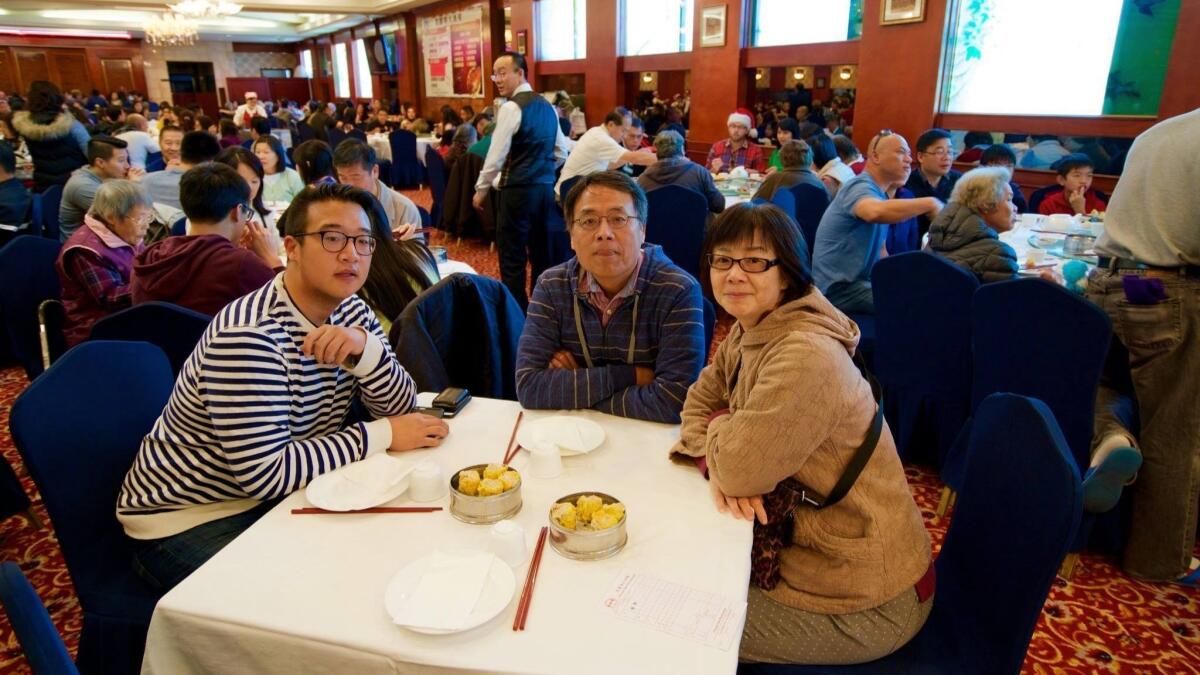
I grew up in an affectionate but uncommunicative Chinese household. For my family, love has always been like playing a game of catch in the dark. We all reach out to each other in our own ways, but we stumble over our words, groping for meaning in the space between our cultures.
Sometimes it feels as if we have never learned the vocabulary of emotion.
When I ask my parents about their past, they become masterful equivocators.
My father can let a question hang in the air for so long that I end up repeating it, retracting it or trying to answer it myself. My mother drowns questions in rapid patter about grades, college, my weight or my romantic life.
But food opened the door to my parents’ memories in ways that words never did. The making and eating of food communicated more than any conversation, a language we adopted when English and Mandarin failed us. We folded our feelings into dumplings and lavished love into lah mian. Screaming matches about the Bs on my report card would be followed by a silent dinner table. There were never apologies — only the sound of slurping and the cleansing clinking of chopsticks against porcelain bowls.
And food brings us together, even if we’re hundreds of miles away.
The year after I graduated from UCLA, I was in south Orange County, writing about the cities of Dana Point and San Juan Capistrano for the Orange County Register. One day I was seized by an intense, nostalgic desire to eat dim sum. I found a nearby place on Yelp.
The shumai arrived cold, no steam. The skins were dry and wrinkled, wrapped around what looked to be the world’s tiniest shrimp. Six on a wilting lettuce leaf for $10.
I stuffed three limp shumai into my mouth and chewed angrily. They tasted as though they had just been defrosted.
In that moment, I finally understood part of the yearning my parents had felt as Taiwanese immigrants in Tennessee. Eating Chinese food wasn’t just their preference. It was how they tried, in a strange place, to feel like themselves. It was why they drove to Atlanta several times a year. Why we ate only Chinese food at home.
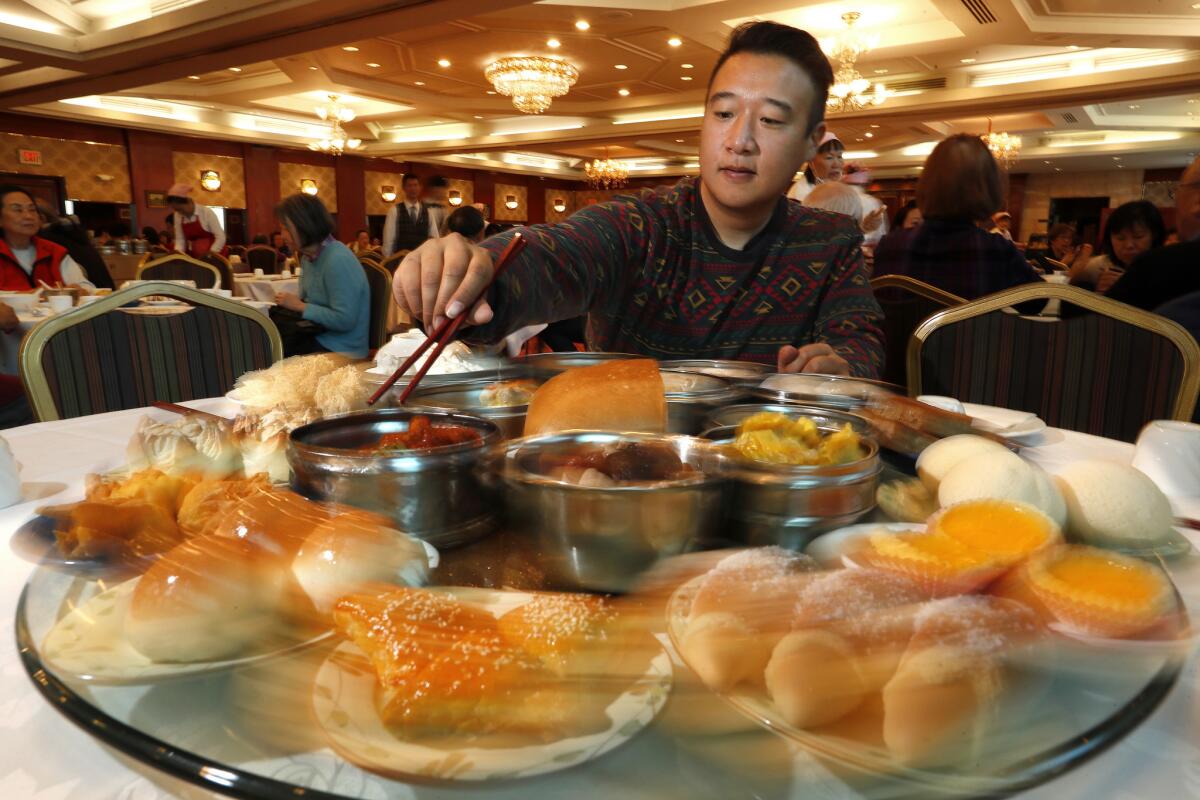
All cultures find meaning in their food, but for a lot of Asian Americans, and for families like mine, food shows us who we are.
We eat to remember. We eat when words fail us, which they often do. We eat to show love, even when we’re full or concerned about our weight. We eat to make Tennessee feel like home, to express a version of ourselves that choices and circumstances have forced us to leave behind.
There’s this idiom I’ve only ever heard from older Chinese Americans that articulates this relationship perfectly (I’ve never been able to find the source): Chinese people carry their homes in their stomachs.
Taiwan is no longer the country my parents remember, and in many ways America will never feel like home. But if they look hard enough, they can find restaurants started by immigrants who remember Taiwan as they do.
Lurking in obscure strip malls are steamed, fried and boiled pieces of time and place, wrapped in dough, twisted into springy skeins, chopped or wok-seared, waiting to be discovered. The truest kind of home available to families like mine.
A few years ago, my parents moved to Los Angeles. We started to have dinner together again.
My mother, who works as an MRI technician, is a fast and mercurial cook. She throws peanut butter into noodles for creaminess and improvises sushi with ham, pork threads, egg and radish. I cook fast too, and sometimes I buy jars of bamboo shoots in chili oil and eat them with chopsticks late at night standing over the kitchen sink, just like she does.
My dad, an engineer, cooks dishes with few ingredients and strong, singular flavors — potato strips fried with garlic and beef, or bean curd with green onion and pork, each rectangular piece of curd sliced exactly the same. I eat quickly and prefer meat like he does.
Whenever the conversation falters, I pay attention to what they’re eating to fill in the blanks.
There’s always brown rice in the Zojirushi because my dad’s on a health kick. Mooncakes and tea from Taiwan sit on the counter, because my mom has been going back more often to visit my grandma.
There are stacks of weird meal-prepped salad with sliced strawberries and onions in the fridge because my dad is trying to design the healthiest, most balanced lunch possible for people who don’t care about how things taste.
In the fridge, sometimes I’ll find one of my favorite foods, Taiwanese spring rolls from the 99 Ranch in Rowland Heights. It’s a 90-minute drive in traffic, but my mom says they taste sort of like the ones she used to buy from a stand inside an ancient temple near her childhood bus stop in Hsinchu, Taiwan.
One bite, and we’re home.
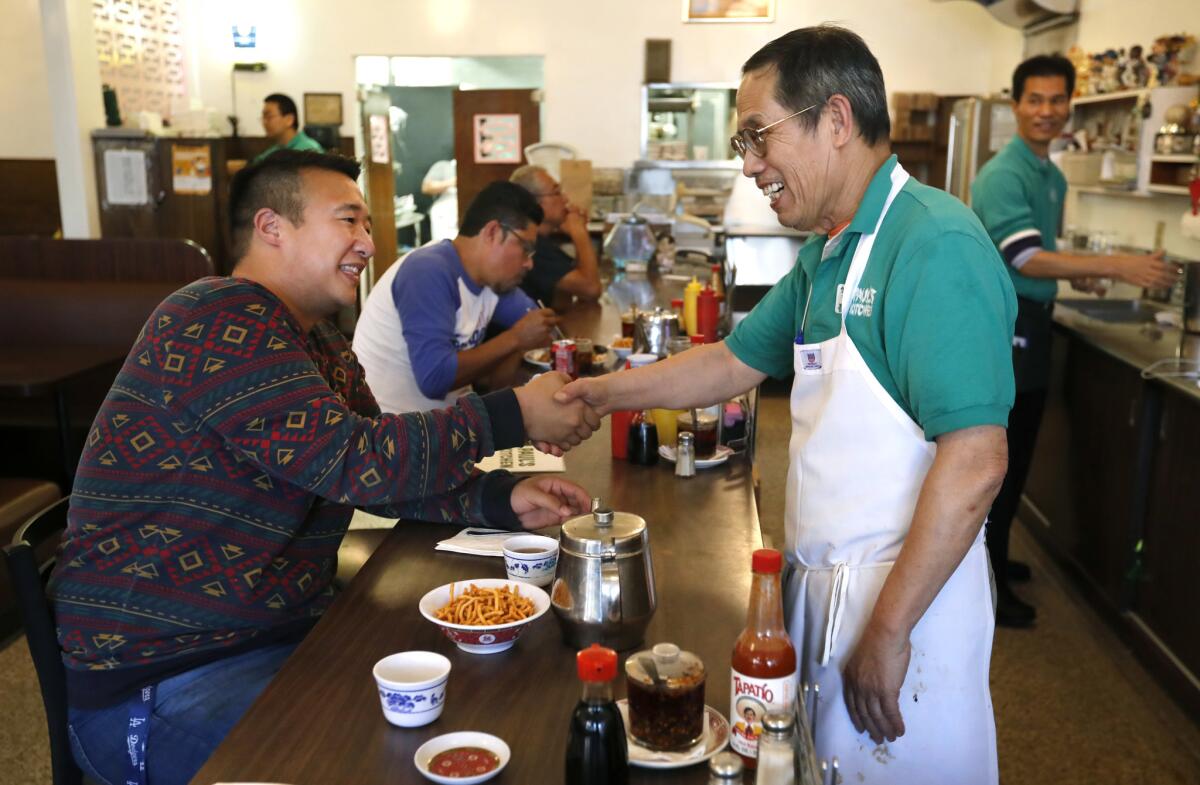
Twitter: @frankshyong
Sign up for Essential California
The most important California stories and recommendations in your inbox every morning.
You may occasionally receive promotional content from the Los Angeles Times.








